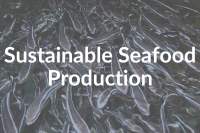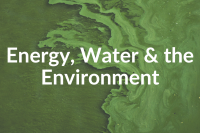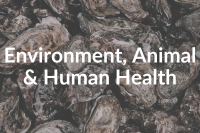Image:

Explore Our Research
Research Areas
At IMET's state-of-the-art research facility in Baltimore's Inner Harbor, our scientists take innovative approaches to protect and restore coastal marine systems and their watersheds and to develop approaches for the sustainable use of resources that provide benefits to society and human health. Our methods apply advanced tools of biotechnology and molecular biology to the study of marine organisms and processes, with a strong emphasis on research excellence, education, public outreach, and economic development. IMET serves as a world leader in marine and environmental biotechnology, and its scientific contributions help to meet the economic, environmental sustainability, and health goals of both the state and nation.









